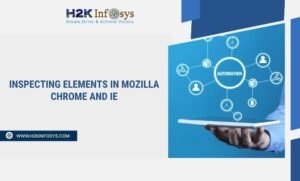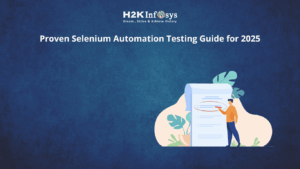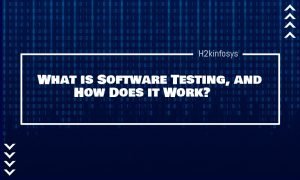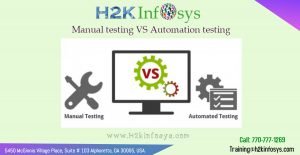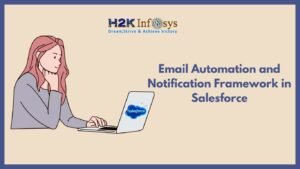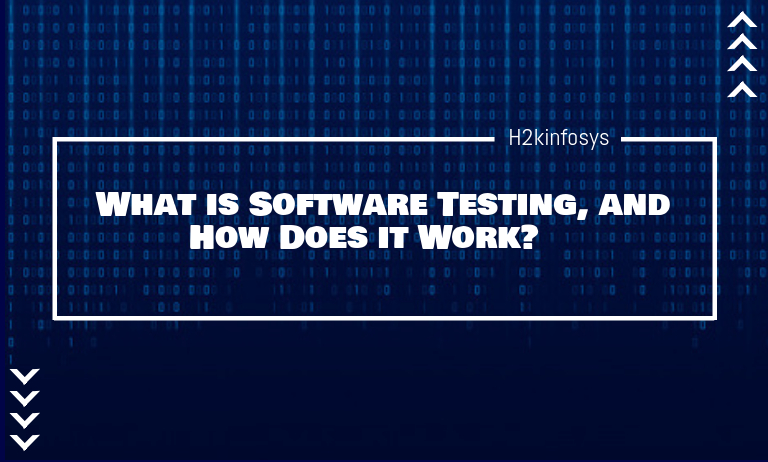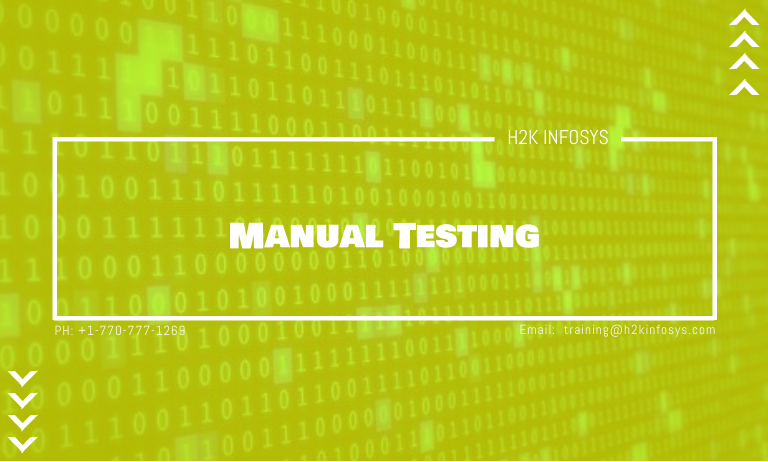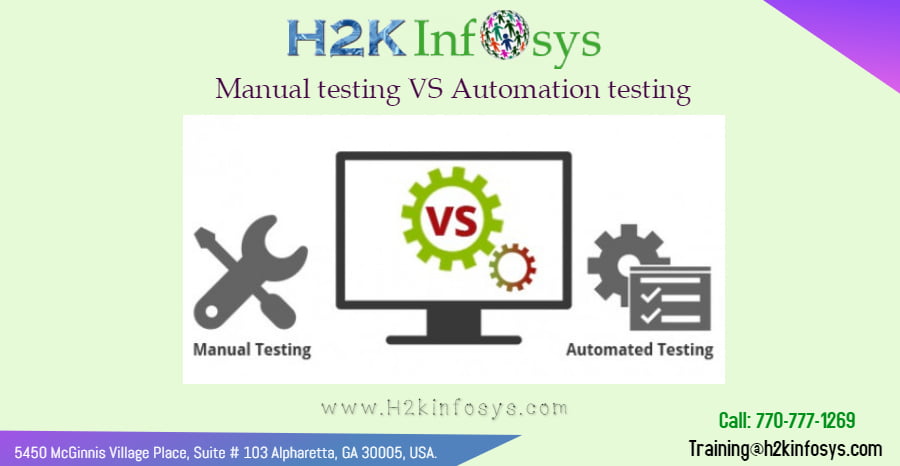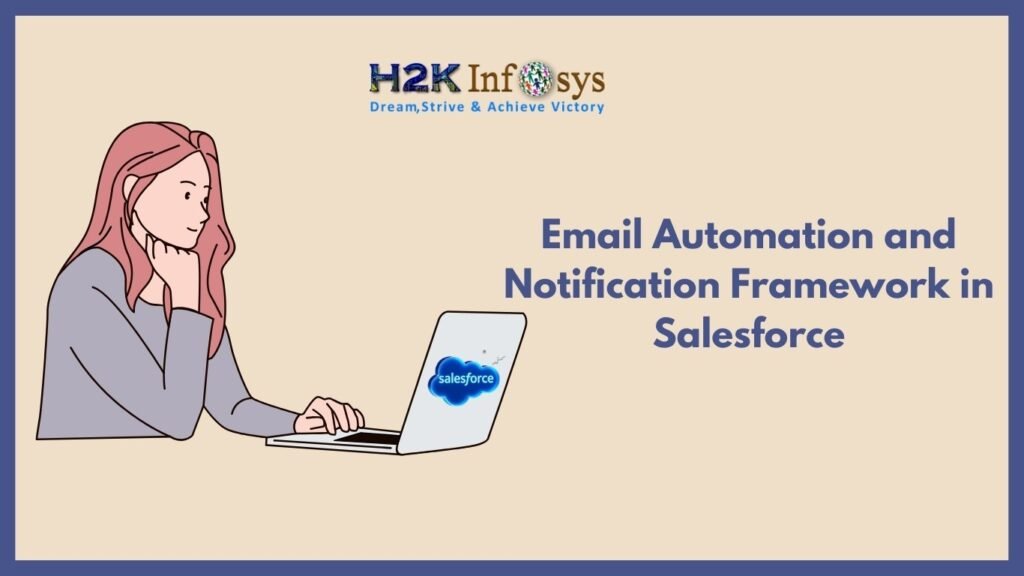Do you find it challenging to maintain the large collections of test cases for your application? Do different test scripts use the same test data Selenium using Apache? Do you have to keep distinct test scripts for each test environment and then search through all of them if the test data changes by one value? It takes a lot of time and work, don’t you think? We all wish that the test cases were consistent, written consistently, and adhered to a set of guidelines, much like how everyone tries to follow the same traffic laws when driving. The data-driven framework enters the picture here.
Additionally, you may create guidelines for your coworkers who are working on the application, make your test cases follow a consistent format and write the scripts based on the framed rules. All of this may be accomplished through test automation using the Data Driven Framework. Let’s examine how we may use Selenium WebDriver to automate a web application by building a Data Driven Testing Framework. You can check out the Selenium automation testing course to learn more about Automation Framework.
What is an Automation Framework?
A set of guidelines or rules used for developing and designing test cases is known as an automation testing framework. Coding conventions, object repositories, techniques for handling test data, procedures for storing test results, and any other details on how to access external resources are all covered in the guidelines.
It is not necessary to use a framework while writing tests; nevertheless, doing so offers additional advantages including greater code reuse, greater portability, lower script maintenance costs, and improved code readability. The team benefits as much from writing the test script in a consistent style. The effective design and implementation of automated test scripts are made possible by the use of an automation testing framework, which also provides accurate analysis of problems or flaws for the system or application being tested. The below section mentions a few of the important benefits which justify the need for an automation testing framework:
Why do we need an Automation testing framework?
A framework for automated testing is crucial since it increases the productivity and speed of the automation testing team. The following are a few advantages of adopting the automation framework:
- Standardised testing formats
- Increased test effectiveness
- Lower costs for script maintenance
- Greater test coverage
- Reuse of the code
- Management of Test Data Effectively
What are the different types of automation frameworks in Selenium using Apache?
There are three primary categories of frameworks that we can utilise to build automated tests for any online site when testing an application with Selenium WebDriver:
- Data Driven Test Framework.
- Keyword Driven Test Framework.
- Hybrid Test Framework.
Each of these frameworks has a unique architecture as well as various advantages and drawbacks. It’s critical to pick the appropriate framework while creating a test strategy.
- The test script and test data are kept distinct using the Data Driven Testing Framework. The same script can be tested using several data sets.
- An addition to the Data Driven framework is the Keyword Driven Testing Framework. It permits keeping a collection of code known as “keywords” in a different code file from the test script. These keywords are reusable across several test scripts.
- The Data-Driven and Keyword-Driven frameworks are combined to create the Hybrid Driven Framework. Here, both the test data and the keywords are from outside sources. While test data is kept in an Excel file, a CSV file, or a database, keywords are maintained in a separate file.
Let’s explore the Data-Driven Test Framework in detail in this article.
What is a Data Driven Framework?
In general, we execute the same scenario for several test data when manually testing an application. Additionally, we maintain the same test data in databases, text files, CSV files, and Excel files. In the case of automation, we would also like to run the same test scenario with other test data. Let’s imagine you created an automation script to complete a website’s student registration form. The only thing in the code that differs depending on how many students are registering are the input values (Name, Address, Phone, Gender, etc.). Will you create distinct scripts for each student’s registration? Is it possible to reuse the code while making just minor changes to the student data?
Yes, the Data Driven Framework steps in at this point to ensure that the test scripts function properly for various test data sets. Writing additional code is faster. The Selenium script can be run several times, similar to the write once and run many times mechanism.
Simply said, when we need to run the same script with several sets of test data whose storage is at a different location and not included in the test script, we use the data-driven framework. The test’s code won’t be affected by any modifications made to the data.
What are the benefits of using the Data Driven Testing Framework?
The following are some of the key advantages a QA can have while creating the automation framework utilising the Data-Driven methodology:
- Without making many changes to the code, test cases can be changed.
- In particular, regression testing allows testing the program with numerous sets of data values.
- It assists us in separating the test data from the logic of the test cases and scripts.
Microsoft Excel Sheets is one of the test’s most often used data sources. The data can be kept in Excel spreadsheets and used in the test script.
Conclusion
Check out the Automation online training to learn more about Data Driven Framework.





